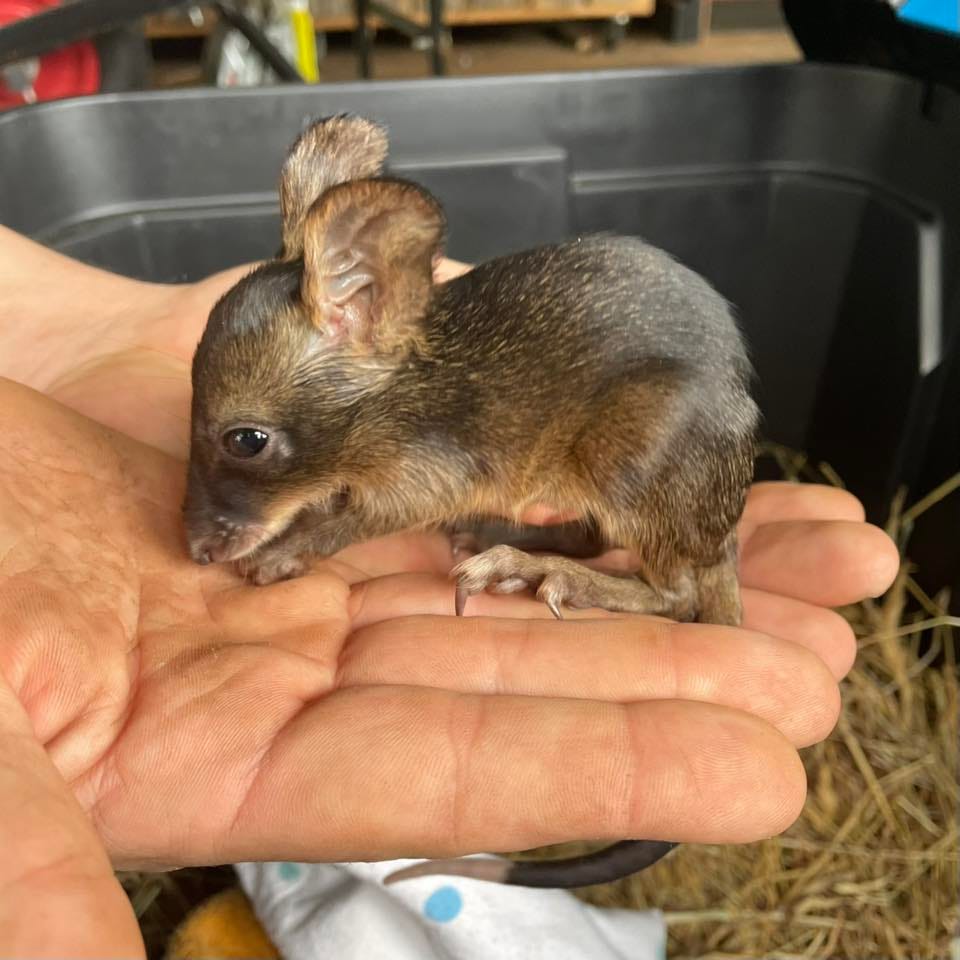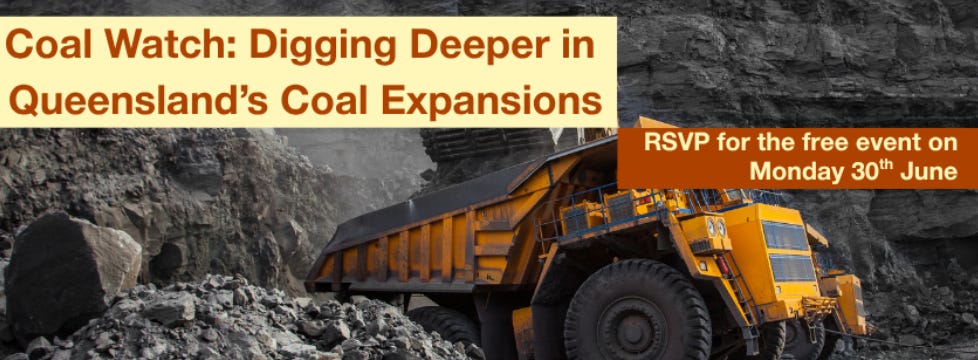Issue #71: I feel paralysed sometimes
But I learnt that the antidote to information overload might be simpler than we might think
Have you felt it lately? That strange, breathless sensation of watching the world spin faster and faster while terrible things seem to happen every five minutes?
One moment we're seeing footage of unprecedented flooding, the next we're reading about record-breaking heatwaves, then suddenly there's another political crisis, another corporate scandal. Everything feels completely out of control. The information comes at us like a fire hose—urgent, overwhelming, and making us feel more powerless than informed.
It's exhausting. And it's making so many of us - definitely me - feel like we have zero ability to change anything anymore.
But what if I told you that some of the most powerful climate action happening right now is actually the complete opposite of this frantic, digital deluge?
The Radical Power of Going Slow
I've been researching what actually works in climate conversations. Can conversations change hearts and minds? What's the best approach? How do we spread them nationwide?
To help find the answers, we pulled together a bunch of insightful guides, like ‘Five ways to have more constructive climate conversations’, Conversations guides, and training mini-courses. Then we talked to some very cool conversation experts.
The results were heartening. After watching last night's news and wanting to give up, I found that glimmer of light again.
It’s about something different from the megaphone approach - shouting louder, posting more urgently, hoping volume creates change. Instead, magic can happen in the opposite direction: slow, relational, deeply human connection. While everyone's fighting for attention in the digital noise, some of the most meaningful climate action is happening in living rooms, coffee shops, and quiet conversations between people who trust each other.
"Having a conversation with a trusted group of people creates the environment where change can happen in quite a transformative way, much richer than if you have a 5 min conversation on the phones or on the doors."

What Actually Shifts Hearts and Minds
Our research uncovered some beautifully hopeful insights:
Face-to-face conversations work best
Kitchen table chats can create the deepest, most lasting changes in what people believe
When friends talk to friends about climate, it can boost concern and action far more than talking to strangers
People drop their defenses when they're talking to someone they trust
Stories beat statistics
Personal experiences and local connections can persuade people more than technical facts
Sharing stories that connect climate issues to what people already care about works especially well with skeptical audiences
Linking climate impacts to local community concerns builds bridges across political divides
Relationships create lasting change
Programs focused on connecting people keep volunteers engaged longer and feeling more confident
Simple things like buddy systems, shared meals, and regular meetups build the foundation that sustains climate action
People join conversation programs for the relationships, not just the cause. When I asked one organiser how they managed to build such a big volunteer team, they said:
"People joined for the climate. They stayed for the community."
One Person at a Time, One Conversation at a Time
In a world where we're bombarded with global catastrophes and massive systemic failures, this research offers a different kind of hope. While algorithms and echo chambers seem to be pulling us further apart, face-to-face conversations have the power to reach across aisles and stop polarisation one person at a time.
These conversations invite people to slow down, reflect, and discover what they actually care about in their own community and place.
So, with those tips in mind, I turned off the news - probably for a while - and cracked on with some actions for this fortnight.
I hope you enjoy them as well!
What can you do today?
🐝 If you have 5 minutes:
Clean water is essential for the Reef’s health, supporting healthy coral and seagrass growth and helping reefs recover faster from impacts like bleaching.
Our Reef has experienced two devastating summers in a row, suffering from its 6th mass bleaching event in just 9 years, destructive cyclones, and polluting flood plumes extending over 700 km along our coasts and 100 km out into the Reef.
Without urgent action on water pollution, UNESCO may list the Reef as World Heritage ‘In Danger’ in 2026.
Action: Use the AMCS template to sign a letter calling on our Environment Ministers to develop a realistic and fully costed plan to cut water pollution by 2030.
Solar Citizens reckons households that rent, maybe one third of Australian homes, are being ignored at a critical stage of the clean energy transition. Australia’s three million renters are currently locked out of rooftop solar, and a lack of Minimum Energy Efficiency Standards means rental properties are typically less comfortable to live in and more expensive to heat and cool compared to other homes!
Action: Send your own, personalised email to the Federal, State and Territory Energy Ministers asking for minimum energy efficiency standards and solar for renters.
🐇 If you have 15 minutes:
Some of you may already have contacted your Federal, State or Local representatives. But if you haven’t, it’s not as daunting as it sounds, especially if you do it with someone else. QCC can help you! We can show our MPs that their constituents expect them to stand up for nature.
Action: Sign up to learn more about engaging with your federal MP: Fill out the form and they’ll send you more info about what to do next!
Westpac has changed their own rules for financing companies at the last minute, watering down expectations and muddying the waters - in a pathetic attempt to accommodate the fossil fuel industry! This makes it easier for them to finance companies that are driving the climate emergency. Here’s some ways you can let them know that this is not ok!
Action: Use the Market Forces email template to tell Westpac’s CEO and Chair that this is not ok. You can also:
Lodge a complaint using their feedback and complaint online form
💃🏽 If you have 30 minutes or more:
On the 26th of August 2021, the Wangan and Jagalingou Cultural Custodians established a stone bora ring on the northern edge of Adani’s mining lease, on Wangan and Jagalingou land. They set out to prove a point. That No means No, and it will always be No when it comes to destroying Country and Culture. Almost four years on, they are still there. Adani cannot remove them. The Government cannot remove them. The police won't remove them. Their cultural ceremony continues unhindered. And now they are inviting supporters to join them at their four year celebration.
Action: Join the four day celebration to celebrate Waddananggu's fourth birthday. It’s a time for connecting on Country, ceremony, yarns and live music by special guests, including of course Gurridyula Gaba Wunggu! It’s on from Saturday 23rd to Tuesday 26th August (People are encouraged to arrive the day before, and depart the day after.)
Did you know Queensland is home to some of the biggest coal mine expansions in the world? Coal Watch is a new tool from Queensland Conservation Council and Lock the Gate that tracks coal expansion projects on the brink of approval. Join them as they present key insights, answer your questions about what’s next for coal in Queensland, and together develop a plan to help protect our big backyard from these destructive expansions.
Action: Join QCC and Lock the Gate on Mon 30 June, 6pm - 8pm, at The Father Bacinskas Lithuanian Cultural Association, 49 Gladstone Rd, Highgate Hill to hear from the team behind Coal Watch: Digging Deeper in Qld’s coal expansions.
Ok, Ok - we need to finish with something good! Well …. check this out! The cutest animal I’ve seen!!! The dedicated volunteer team at Wild Island Rescue and Rehabilitation Group in Tasmania recently took care of little Maple, a precious member of the Southern Long-Nosed Potoroo, one of the most ancient species of its family. Check out the WIRRG Facebook page and website to send good vibes their way: they are one of hundreds of wildlife rescue groups across the country protecting our most vulnerable native species, one tiny life at a time.

See you in two weeks
Robyn, plus Malcolm, Ron and Jan - The Climate Club Qld team
Forwarded this email? Subscribe here for more!
We live, work and play on the lands of the Yuggara and Turrbal people in and around Magandjin - Brisbane. We pay respect to their Elders, past and present, and acknowledge that sovereignty was never ceded - always was, always will be Aboriginal land.
To help keep these newsletters useful, we’d love your feedback and you can always get in touch by email climateclubqld@gmail.com or check out the simple info on our About page.





